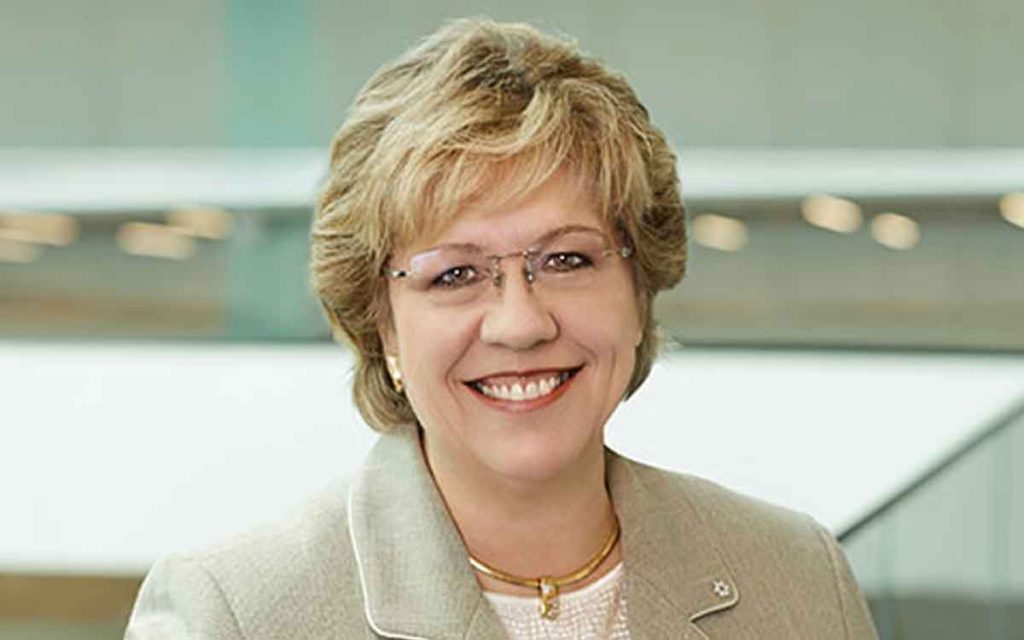
An old politician once said that “voters rarely vote for what they say they want.” This fall, when Canadians choose their next federal government, they will have a chance to prove the truth or falsity of that statement. They need to think carefully about the signals they will send to politicians at all levels of government about what they consider acceptable conduct.
In 2015, Canadian voters chose a leader who promised sunny ways and a government that would be more accountable, more transparent and more ethical than the last one.
The recently released report of federal ethics commissioner, Mario Dion, undermines claims Prime Minister Justin Trudeau’s government may wish to make to such a description.
Repeated attempts by the Prime Minister and his advisors to pressure Attorney General Jody Wilson Raybould into granting special dispensation to Quebec company SNC Lavalin to short circuit criminal court proceedings were deemed clear violations of the Conflict of Interest Act.
In his report, Mr. Dion eviscerates the Prime Minister’s credibility in terms of his oft-repeated public statements that he did not do anything wrong and that he would cooperate fully with the ethical officer’s investigation.
Neither claim is true says the report.
This is the Prime Minister’s second breech of the conflict law, an unprecedented record in modern times. The first was an ill-advised, all expenses paid, family vacation on the private island estate of the Aga Khan – at the same time as the Aga Khan’s organization was seeking government funding.
It is not uncommon for some politicians to fall prey to poor ethical judgement, to become “entitled to their entitlements” in the infamous words of one federal cabinet minister who was justifiably called to account for excessive expense spending.
But this is different, and frankly, more serious. An independent officer of Parliament has declared that the Prime Minister repeatedly used his power to “circumvent, undermine and ultimately attempt to discredit” public prosecutors and his Attorney General. In the words of one columnist, “there is a strong whiff…of abuse of power and possibly, obstruction of justice.”
The RCMP are reported to be looking into the matter.
He not only broke the conflict law, he also ignored political conventions that support our democracy’s rule of law foundations – a Prime Minister who said he didn’t engage in the behaviour that Mr. Dion concluded, after extensive investigation, that he did; a Prime Minister that promised full cooperation with Mr. Dion’s investigation and then didn’t by refusing critical documents and having Liberal MPs shut down attempts by Opposition parties to hold parliamentary committee hearings.
It is not a pretty picture. Whatever voters think of this Prime Minster and his government’s record –and there are some notable accomplishments worthy of support, such as new international trade agreements – the appearance that there is no ethical core, the willingness to embrace “the ends justifies the means” approach (saving Canadian jobs at SNC Lavalin) should give pause for thought.
Voters’ sensitivity to political malfeasance has been dulled over the years by opposition parties’ constant charge that every government misstep is a grievous scandal. Like the boy who cried wolf too often, politicians now find that voters often dismiss such partisan rhetoric as just that, partisan rhetoric.
But this is different. Whether another party would provide better government is a matter for an important and legitimate debate. But voters also need to consider what behaviour they are prepared to condone. Yes, protecting Canadian jobs is important. But at what cost? What message do they want to send to the next government, whoever that may be?
Politicians are only human, and like the rest of their constituents, respond readily to signals about what is or is not acceptable. Mr. Dion has passed a verdict, but it is up to the voters to pass judgement.

Janet Ecker is a former Ontario Finance Minister, Minister of Education, Minister of Community and Social Services and Government House Leader in the governments of Premier Mike Harris and Premier Ernie Eves. After her political career, she served as the founding CEO of the Toronto Financial Services Alliance, a public-private partnership dedicated to building Toronto region into an international financial centre. She currently sits on a number of corporate and non-profit boards, agencies and advisory committees.
Ms. Ecker received the Order of Canada for her public service contributions and was recognized as one of the “Most Influential People in the World’s Financial Centres” by Financial Centres International. She also received a “Canada’s Most Powerful Women: Top 100 Award” from the Women’s Executive Network and the Richard Ivey School of Business, among other awards. She is also one of the founders of Equal Voice, a national, multi-partisan organization working to elect more women.




















